Hyperpigmentation can be caused by a variety of factors, such as sun-damage, aging, or scarring. Yet while bleaching agents are most commonly employed to fade hyperpigmentation, we have always heard that exfoliation may be able to treat dark spots and uneven skin coloration – but is this claim true or false? ViaBuff investigates!
Exfoliation Can Treat Some Signs of Hyperpigmentation…
Traditionally, exfoliation is used to remove dead or hardened skin cells that can clog pores and diminish your skin’s appearance. However, chemical and manual exfoliants can also remove darkened skin cells in the outer layers of skin, thus lightening hyperpigmentation. Dr. Cynthia Bailey suggests using treatments containing glycolic acid, an AHA that has repeatedly demonstrated its prowess in both exfoliating the skin and lightening dark patches of skin. Although its efficacy is influenced by a variety of mechanisms, it is believed that glycolic acid may lighten hyperpigmentation by dispersing melanin in the basal layer (lowest layer) of skin, in addition to removing discolored cells in the outer layers of skin. For example, research published in the Indian Dermatology Online Journal found that a 35% glycolic acid peel was effective in treating signs of melasma (patches of skin discoloration) and was generally well-tolerated by users. Numerous other studies have reported similar findings regarding glycolic acid’s effect on hyperpigmentation due to acne scarring, photo-damage, and aging, among other conditions (Dr. Cynthia Bailey Skincare, Indian Dermatology Online Journal, Journal of Clinical and Aesthetic Dermatology). However, exfoliation isn’t limited to treating hyperpigmentation due to melanin concentration; thorough exfoliation can remove the discoloration-inducing dirt and debris that collect in one’s pores as well (Livestrong).
… But Those with Darker Skin Should Avoid Certain Exfoliants
Those who have darker complexions already have a good deal of melanin pigment in their skin. The brown pigment-producing melanocytes in darker skin are more easily coaxed into producing more melanin than those with lighter complexions, thus leading many dark-complexioned individuals to have more unwanted skin darkening, especially after undergoing some sort of injury or lifestyle change. As such, those with darker complexions should avoid both harsh clinical and at-home treatments, as these may lead to crusting and peeling that can culminate in hyperpigmentation. Dr. Neal Schultz suggests that if you have darker skin and want to try at-home exfoliative treatments, always begin with treatments that have the lowest concentration of active ingredients, and make sure to test the product on a small patch of skin for a few days before using it all over the body. For those of any skin type, more aggressive chemical and physical exfoliants may lead to further hyperpigmentation by inducing trauma and inflammation. Therefore, it is critical that you consult with your dermatologist before trying any at-home exfoliation treatments for hyperpigmentation (Dr. Neal Schultz for DermTV.com, Dr. Jennifer Linder for PCA Skin, American Academy of Dermatology).
Bottom Line
Although it may not be as powerful as lightening agents like hydroquinone or kojic acid, there is good reason to believe that many physical and chemical exfoliants can improve signs of hyperpigmentation. For example, most exfoliants can remove discolored skin cells in the outer layers of skin while chemical exfoliants (such as glycolic acid) can work to not only remove discolored skin cells, but also disperse melanin in the basal layer of skin. However, all types (especially those with darker skin) should be wary of particularly aggressive forms of exfoliation, as these may lead to further hyperpigmentation. As always, if you have any questions or comments please feel free to email us.

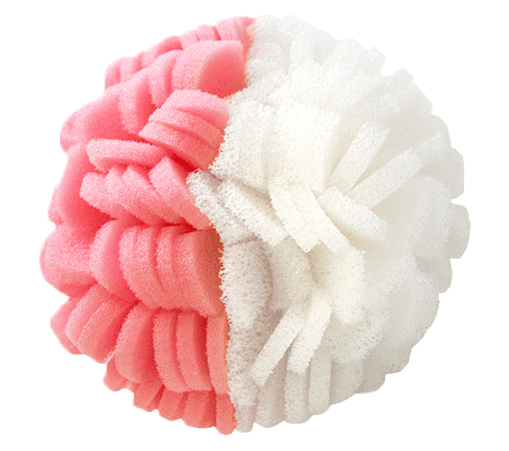
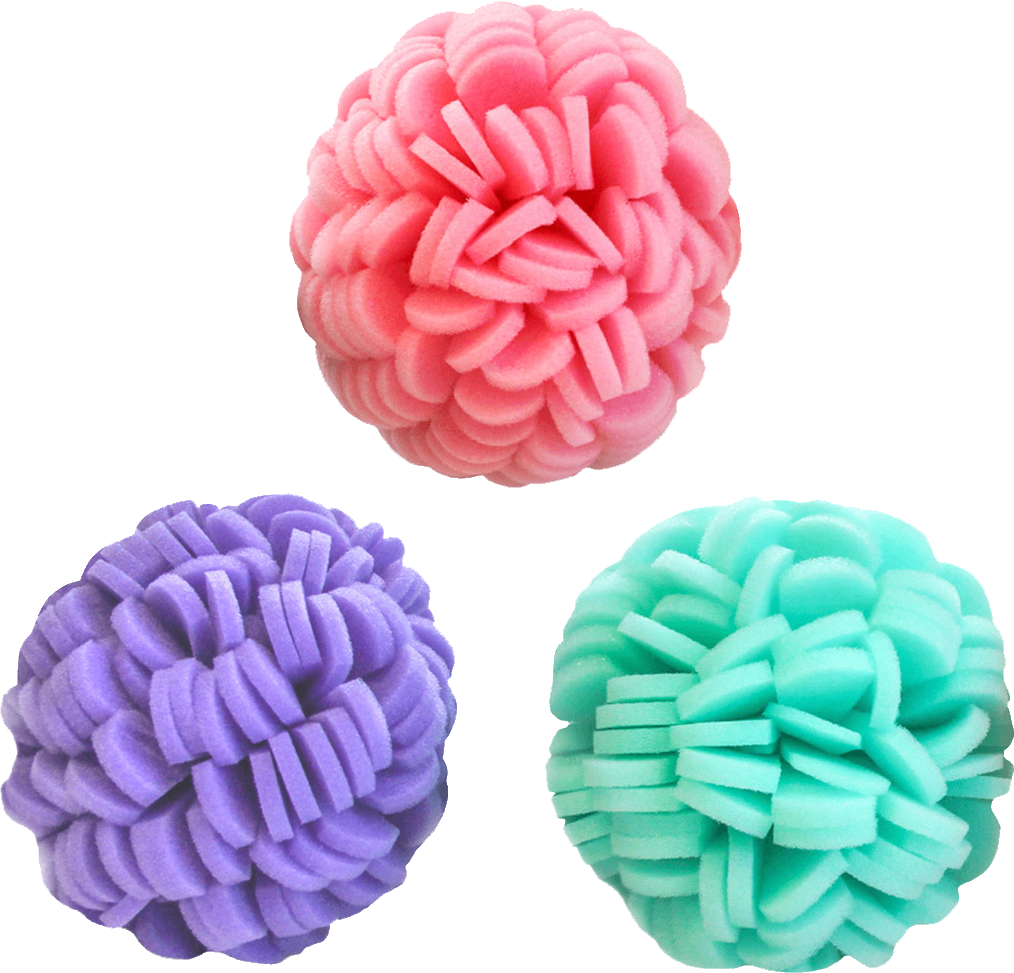
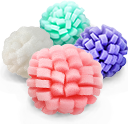
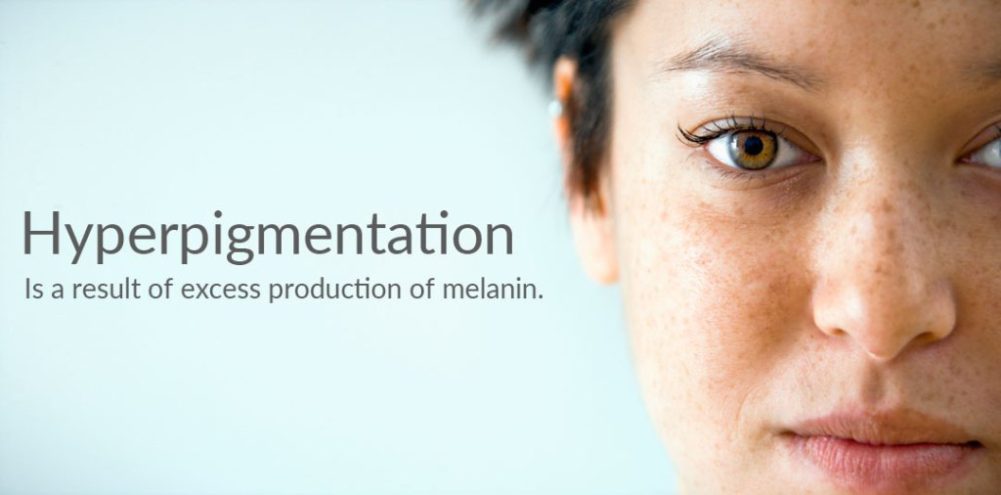
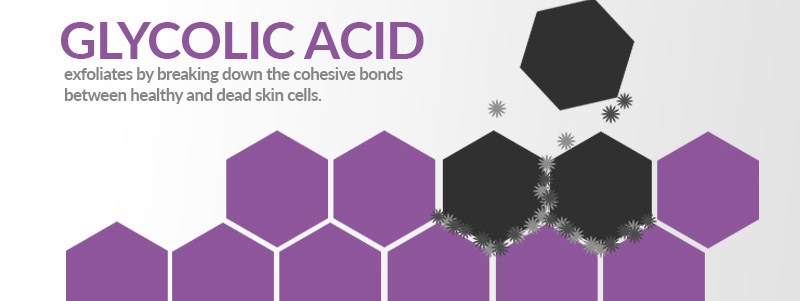
Comments 3
I have darker complexion and have struggled with eczema my whole life. Sometimes if I have a prolonged outbreak of eczema that takes especially long to treat, the patch of dermatitis can leave a darkness even after the rash has been treated. I currently have several of these patches all over my legs from where eczema was once prevalent, but has since been healed and smoothed. The dark patches have remained however and I have not been able to wear skirts, bathing suits, or shorts in years.
HI, I am someone of brown/tan skin color and have pigmentation/discoloration on different areas on the body like neck, underarms and thighs. I am looking for a defoliator, serum and moisturizer to use that will help reduce the pigmentation. Do you have any recommendations
i have blemish on my nose how to get rid of this.whats the reason of occurence of blemish .is scrub helpful for me.my skin type is normal not oily .complexion is medium pls help me